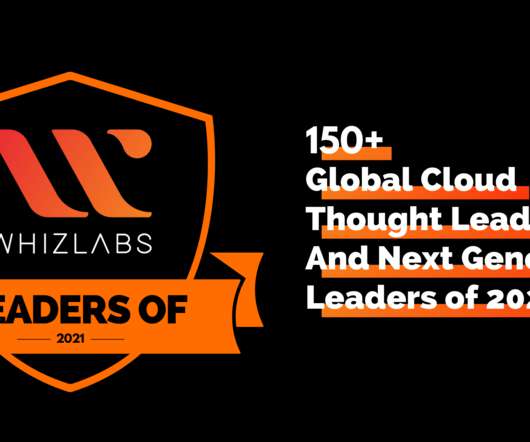Leverage Blockchain Technology for Supply Chain Management
BizAcuity
JULY 15, 2022
A few years after the advent of cloud computing solutions (2006), came cryptocurrencies like Bitcoin (2009) and Ethereum which leveraged blockchain to decentralize financial transactions. Delays in procurement, financial transactions, can be reduced thanks to a much stronger collaboration between third-parties. Conclusion.












Let's personalize your content